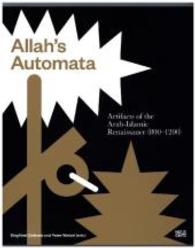- ホーム
- > 洋書
- > 英文書
- > Computer / General
Full Description
It includes an introduction to the fundamental concepts of fuzzy sets, fuzzy logic, and fuzzy inference. Compositional rule of inference (CRI) and fuzzy rule interpolation (FRI) are two typical techniques used to implement such systems.






